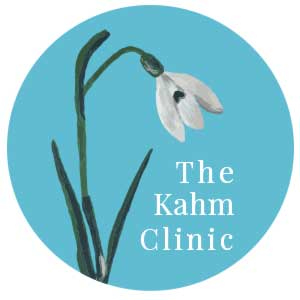Thanksgiving and Eating Disorder Recovery: Tips for Coping
Thanksgiving — a day focused on food and family — is particularly challenging for individuals in eating disorder recovery. From body image concerns and fear over food choices to weight loss conversations and unwanted judgments, navigating a holiday meal can be very complicated.
In today’s blog post, we want to offer six tips for coping with Thanksgiving during eating disorder recovery.
1. Begin with healthy habits.
It’s especially important to rest and nourish your body during the holidays. Focus on getting a good night’s sleep and be sure to eat a balanced breakfast on Thanksgiving morning. A clear head and steady energy allows you to better react to tough situations. It sounds simple, but this basic foundation will set you up for success!
2. Lean on your support system.
Identify a loved one who you can trust to help you. Let them know about your eating disorder and explain the difficulties you’ll face on Thanksgiving. Whether you need help managing your interactions with certain family members, filling your plate, or distracting yourself after the meal, turn to them for guidance.
3. Establish clear boundaries.
With diet talk, body image, and weight loss programs being a common point of discussion during this time of year, it’s important to prepare for these triggers. Write down a list of things that you simply won’t discuss. It may look something like this: “I will not talk about eating. I will not talk about my body or anyone else’s. I will not discuss exercise.” Similarly, speak to the host ahead of time about whether or not you want leftovers. This foresight will help you avoid a potentially awkward situation in front of the larger group.
4. Be mindful during holiday eating.
Fall back on the skills you learned in eating disorder treatment. Don’t restrict your calories or “save up” for the upcoming meal. Instead, be mindful as you serve yourself and enjoy your dinner. Use conversation to help you pace yourself. Know that all foods are allowed. Listen to your body and practice intuitive eating. Remind yourself that it’s just one day. No matter what you eat or how you respond to challenges, it will be okay.
5. Remember that you’re in control.
Talk to your treatment team and prepare a plan for the day. Practice ways to manage your anxiety during a meal. Come up with a way to disengage if a conversation becomes uncomfortable or judgmental. Be prepared to be firm as you say something like, “Please don’t comment on my eating or body. Let’s focus on being grateful for ______ instead.” If needed, scope out a quiet spot where you can take a few deep breaths and reset. A plan will help remind you that you are in control, not your eating disorder.
6. Practice positive self-talk.
Perhaps most importantly, be kind to yourself. Thanksgiving will be challenging, but you can do it! Write down a list of positive affirmations and refer to it throughout the day. Enjoy this special time of year and know that you’re doing your best.
To talk to a professional about eating disorder treatment, please reach out to our staff or schedule an appointment at The Kahm Clinic today.

